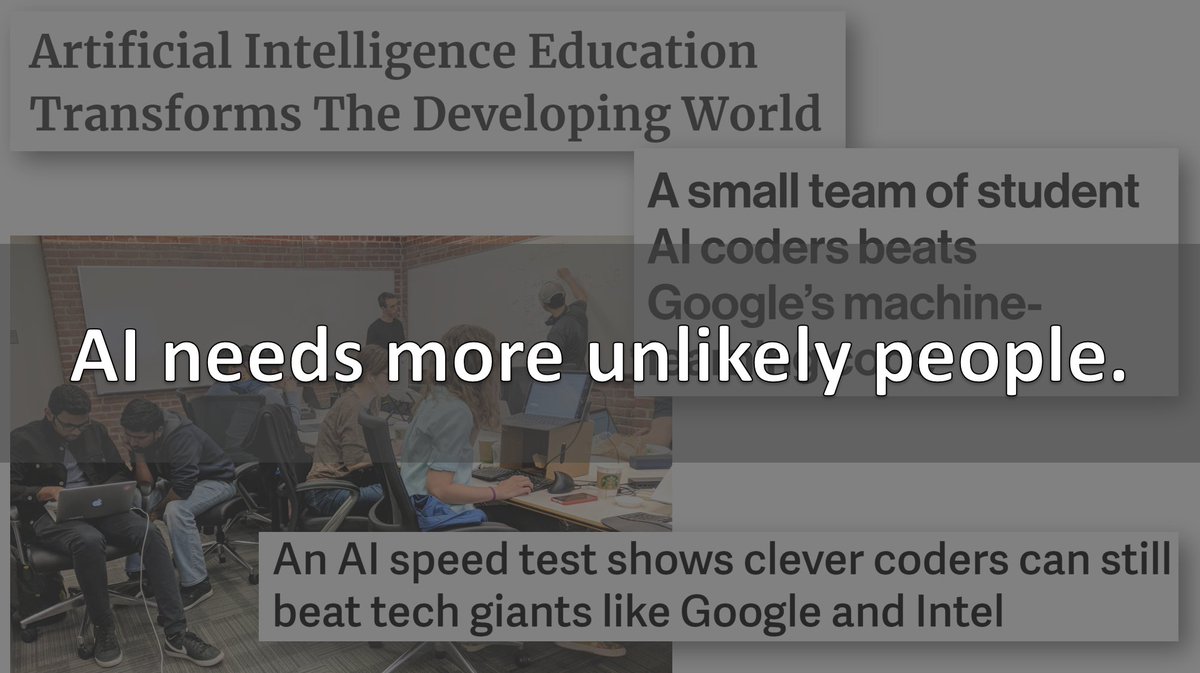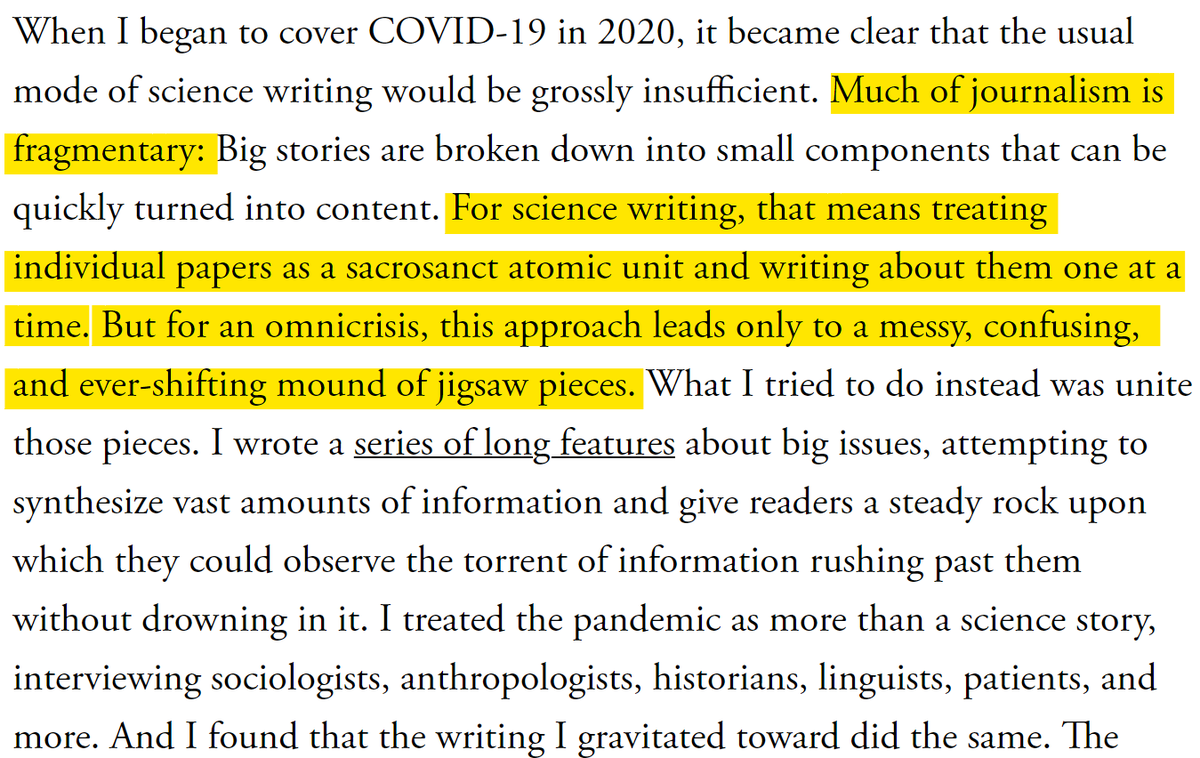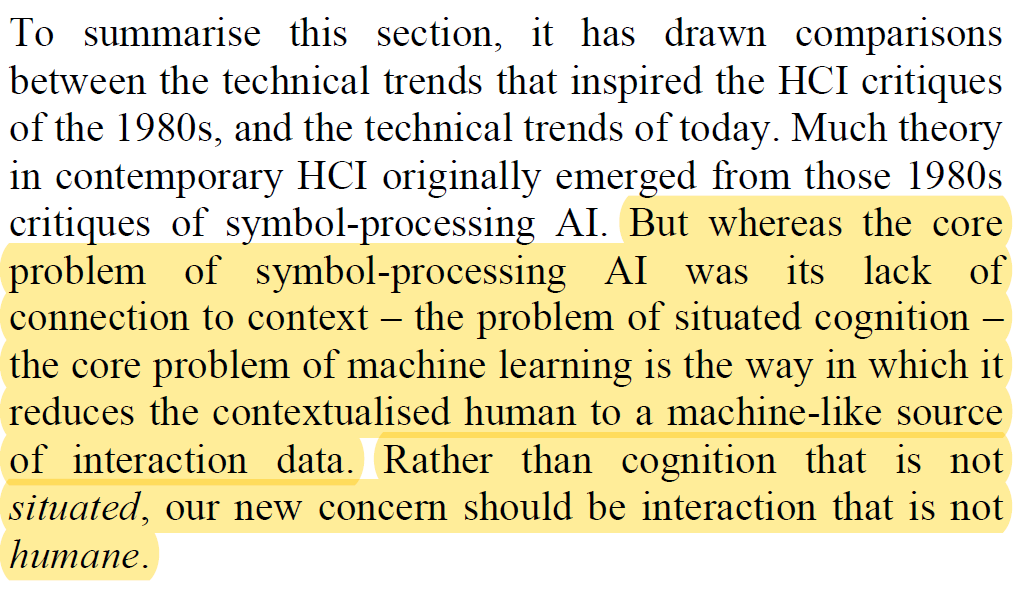
My new essay: In topics ranging from covid-19 to HIV research to the long history of wrongly assuming women’s illnesses are psychosomatic, we have seen again and again that medicine, like all science, is political.
fast.ai/2021/10/12/med… 1/
fast.ai/2021/10/12/med… 1/
We are not prepared for the surge in disability due to #LongCovid. The physiological damage covid causes can include cognitive dysfunction, GI immune system damage, immune dysfunction, increased risk of kidney outcomes, dysfunction in T cell memory generation, pancreas damage, 2/ 

We are seeing concerted efforts to downplay the long-term health effects of covid using strategies straight out of the climate change denial playbook... Many have a significant financial interest in distorting the science around long term effects of covid. 3/ 

In thinking of science as perfectly objective, many scientists miss their own blindspots and are vulnerable to bad-faith attacks...“We spent a long time thinking we were engaged in an argument about data & reason, but now we realize it’s a fight over money & power" 4/ 

There is not a clean break from the history of racism & sexism in medicine where bias was eliminated and all unknowns were solved. 5/ 

Medical data are filtered through the opinions of doctors, decisions of what tests to order, what types of scans to take, what guidelines recommend, what tech currently exists. And the tech that exists depends on research & funding decisions stretching back decades. 6/ 

Research shows that receiving a psychological misdiagnosis lengthens the time it takes to get the correct diagnosis, since many doctors will stop looking for physiological explanations. This dynamic holds true at the disease level as well. 7/ 

Globally, we are at a pivotal time in determining how societies & governments will deal with the influx of newly disabled people due to long covid. Narratives that take hold early often have disproportionate staying power. 8/ 

Please read the full article here (includes more context about the GBD, history of ACT UP, treatment of ME/CFS, and other relevant context) 9/
fast.ai/2021/10/12/med…
fast.ai/2021/10/12/med…
• • •
Missing some Tweet in this thread? You can try to
force a refresh















